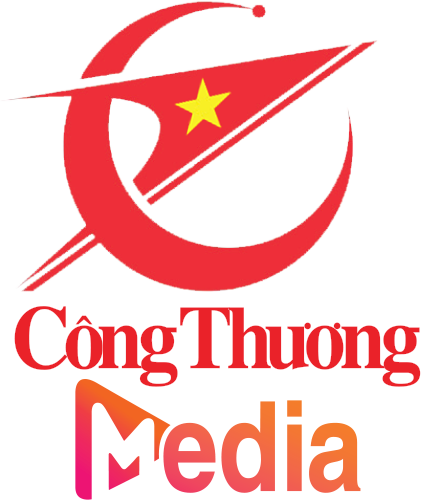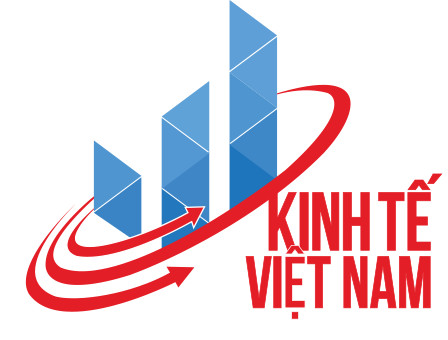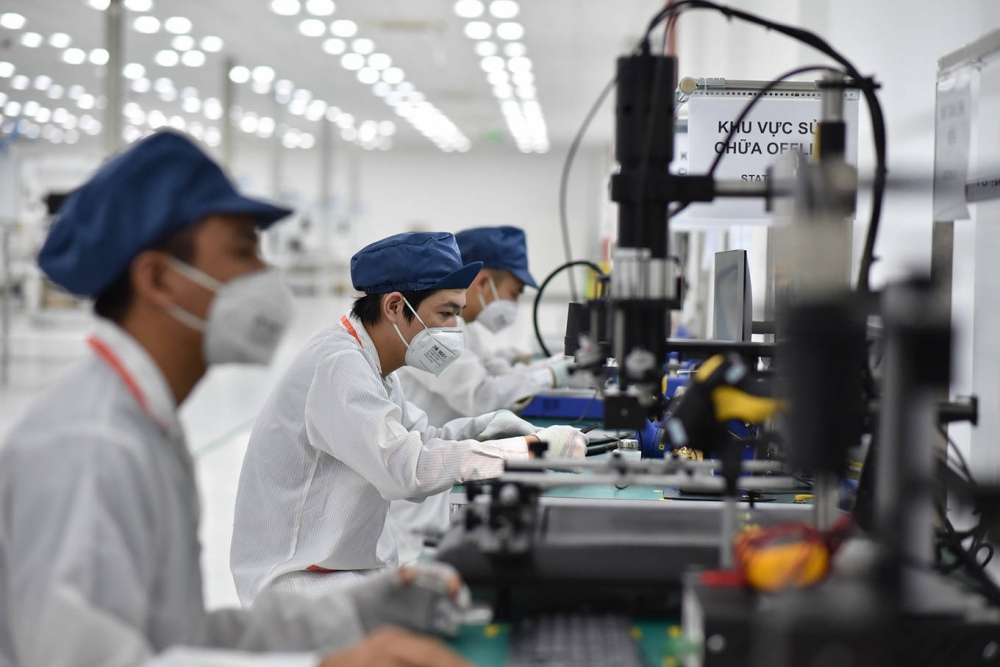|
Low local content
According to the Industry Agency under the Ministry of Industry and Trade, Vietnam’s electronics industry has maintained a stable and relatively high growth rate. In the first half of 2019, sector enterprises made more than 6.75 million products, including phones, washing machines, air conditioners, and refrigerators, up 29.2 percent from the same period in 2018.
However, Vietnam’s electronics industry consists largely of multinational corporations, mainly those from the Republic of Korea, and Japan. Major electronics investment projects in Vietnam are mainly owned by such leading foreign firms as Samsung, LG, Panasonic, Canon, Toshiba, Intel, Foxconn, Meiko, UMC, and Uniden.
Meanwhile, a number of domestic electronics enterprises are experiencing slower growth, with their once-leading brand names blurring and market shares shrinking. Despite some newly emerging domestic brands, including BPhone, Vsmart, Vietel, and Tivi Asazo, domestic businesses contribute only five percent to the country’s electronics export value, with the remaining 95 percent made by foreign-invested enterprises.
An Industry Agency representative said the industry’s local content is too low, only 5-10 percent. Most electronics products in Vietnam are imported goods in the form of completely built unit (CBU) and products assembled in the country with imported components. Although they have joined the industry’s value chain, support industry enterprises in the electronics sector are only capable of providing simple products with low technological content, such as packaging and plastic components.
“The problem is attributed to domestic enterprises’ limited capability and humble product quality. The connectivity between domestic suppliers and foreign-invested enterprises and multinational corporations remains poor,” said the agency representative.
Strategic product orientation
The number of Samsung’s wholly Vietnamese suppliers increased from four in 2014 to 35 in 2018. Panasonic Vietnam has four Vietnamese suppliers who account for about 10 percent of its input component value. Canon Vietnam is constantly seeking Vietnamese suppliers to increase local content.
It is necessary to devise measures to protect the domestic consumer electric and electronics goods industry through taxation, technical barriers, and trade fraud and illegal goods prevention, and at the same time create conditions for promising Vietnamese electronics businesses to develop, making them capable of leading the domestic electronics market, especially in household electronics and electrical products. It is important to review and improve laws and policies, especially those on Vietnamese goods origin, and expand domestic and export markets. The agency recommended electronics businesses identify their core products.
The Ministry of Industry and Trade will continue to promote international cooperation programs and projects with Japan, the Republic of Korea, World Bank, and Samsung, and efficiently implement the support industry program to help enterprises improve capability, while strengthening the connectivity between CBU producers and domestic support industry enterprises. |






